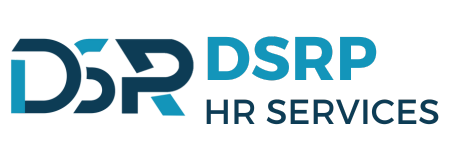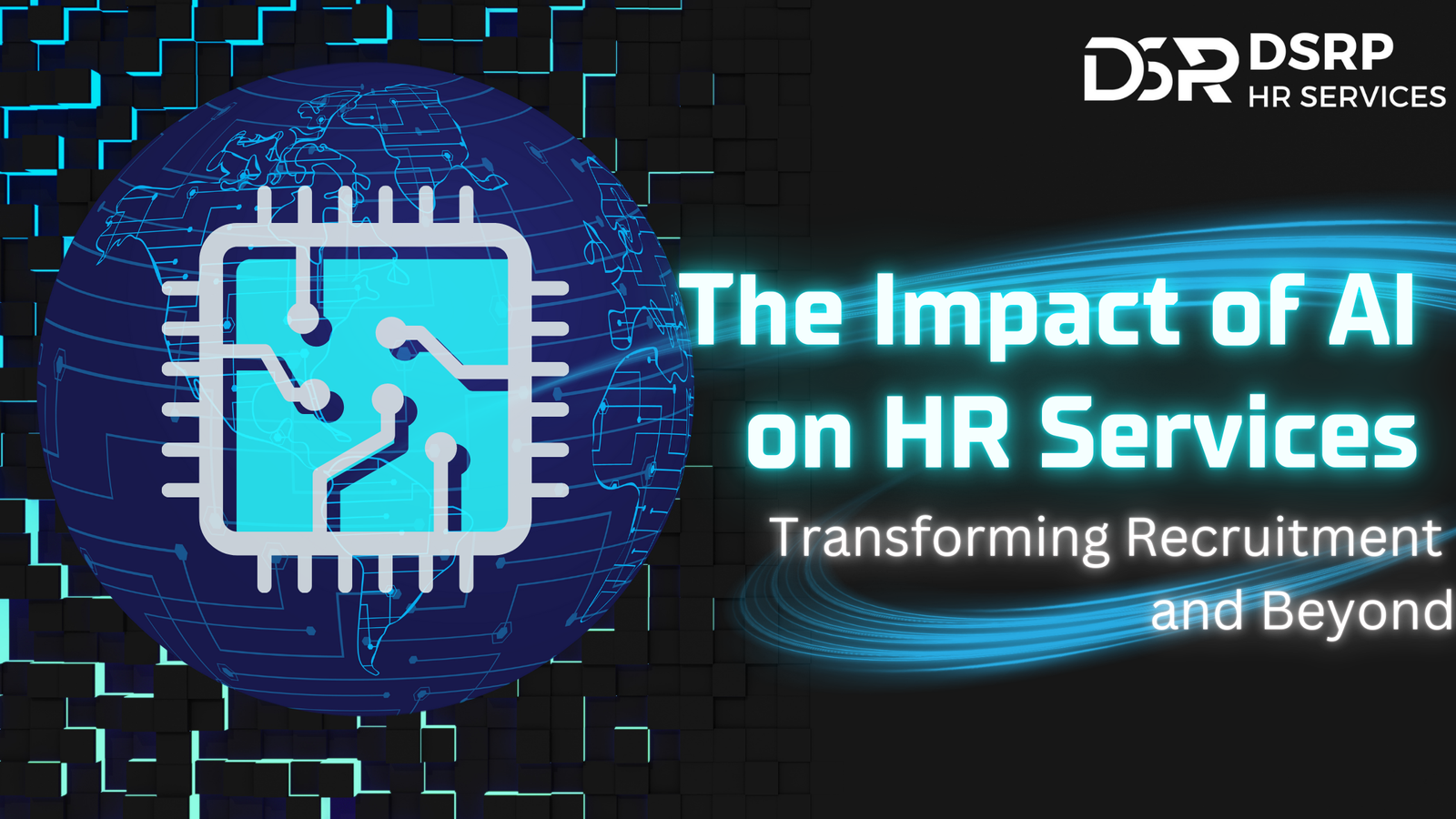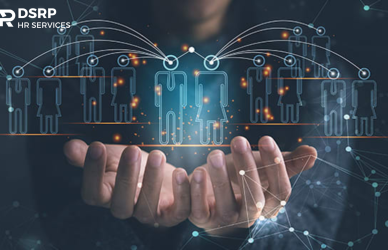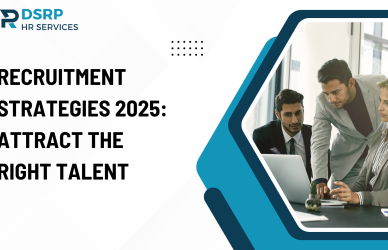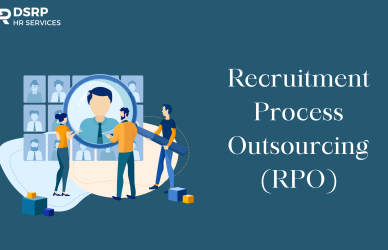Artificial Intelligence (AI) is revolutionizing various industries, and human resources (HR) is no exception. From recruitment processes to employee engagement, AI technologies are reshaping how HR professionals operate. As we delve into the impact of AI on HR services, we’ll explore how these advancements are streamlining operations, improving decision-making, and enhancing the overall employee experience.
1. AI in Recruitment: A Game Changer
– Automated Resume Screening: AI tools can quickly analyse resumes, filtering out unqualified candidates based on predetermined criteria. This automated screening process saves HR professionals countless hours and allows them to focus on interviewing and engaging with the most promising candidates.
– Enhanced Candidate Matching: AI algorithms can match job descriptions with candidate profiles, identifying the best fit for each role. By analysing various data points, such as skills, experiences, and qualifications, AI can suggest candidates who might not be immediately visible through traditional methods.
– Reducing Bias: One of the challenges in recruitment is unconscious bias, which can affect hiring decisions. AI can help mitigate this issue by using data-driven approaches to evaluate candidates. By removing identifiable information (like names and addresses) from resumes during the initial screening process, AI helps create a fairer selection process.
2. Improving Candidate Experience
– Chatbots for Communication: AI-powered chatbots can interact with candidates, answering their questions in real time. This 24/7 availability ensures that candidates receive timely information about their applications and the hiring process. Chatbots can provide updates on application status, schedule interviews, and even gather feedback from candidates.
– Personalized Interactions: AI can analyse candidate interactions to offer personalized communication. For example, if a candidate frequently inquires about career development opportunities, the system can provide tailored information about training programs or mentoring initiatives within the company.
– Streamlined Onboarding: Once hired, AI can help streamline the onboarding process. Automated systems can guide new employees through necessary paperwork, training schedules, and company policies, making the transition smoother and more efficient.
3. Employee Engagement and Retention
AI is not limited to recruitment; it also plays a crucial role in employee engagement and retention. Organizations are leveraging AI technologies to monitor employee satisfaction and create a positive work environment.
– Sentiment Analysis: AI tools can analyse employee feedback and communication patterns to gauge overall sentiment within the organization. By identifying trends and potential issues, HR can proactively address concerns before they escalate.
– Personalized Employee Development: AI can recommend personalized training and development programs based on individual employee performance and career aspirations. This tailored approach not only enhances skill development but also shows employees that the organization is invested in their growth.
– Predictive Analytics for Retention: AI can analyse employee data to identify patterns that may indicate turnover risk. By recognizing these signs early, HR can implement retention strategies, such as targeted engagement initiatives or career advancement opportunities, to keep valuable talent within the organization.
4. Streamlining Administrative Tasks
– Automated Payroll Processing: AI can streamline payroll processes, ensuring accurate calculations and timely payments. This reduces the risk of errors and frees up HR personnel to focus on more complex tasks, such as employee relations and talent development.
– Time and Attendance Tracking: AI-driven systems can monitor employee attendance and working hours, generating reports that help HR manage schedules and compliance with labour regulations. This automation simplifies administrative tasks and enhances accuracy.
– Enhanced Reporting and Analytics: AI tools can generate detailed reports and analytics, providing insights into workforce trends, performance metrics, and recruitment effectiveness. This data-driven approach enables HR to make informed decisions and align strategies with business goals.
5. Challenges and Considerations
While AI presents numerous advantages for HR services, it also comes with challenges that organizations must address.
– Data Privacy and Security: The use of AI involves handling sensitive employee data, raising concerns about data privacy and security. Organizations must ensure compliance with regulations, such as GDPR, and implement robust security measures to protect employee information.
– Change Management: Integrating AI into HR processes requires a cultural shift within organizations. HR professionals and employees may need training to adapt to new technologies and workflows. Effective change management strategies are essential to ensure a smooth transition.
– Maintaining the Human Touch: While AI can enhance efficiency, it’s crucial to maintain a human touch in HR. Building strong relationships with employees and fostering a supportive workplace culture should remain a priority, even as automation becomes more prevalent.
6. The Future of AI in HR Services
As technology continues to evolve, the role of AI in HR services will likely expand even further. Emerging technologies, such as machine learning and natural language processing, will enhance AI capabilities, enabling even more sophisticated applications in HR.
– Virtual Reality for Training: AI combined with virtual reality (VR) could revolutionize employee training. VR simulations can provide immersive learning experiences, allowing employees to practice skills in a safe and controlled environment.
– AI-Powered Performance Management: Future AI systems may enable real-time performance tracking and feedback, allowing for continuous improvement and development. This shift could lead to more dynamic and responsive performance management processes.
– Enhanced Decision-Making: As AI continues to learn from vast datasets, it will provide HR professionals with deeper insights into workforce trends, helping organizations make more informed decisions about hiring, training, and employee engagement.
Conclusion
The impact of AI on HR services is transformative, reshaping how organizations approach recruitment, employee engagement, and administrative tasks. By leveraging AI technologies, HR professionals can streamline processes, enhance decision-making, and create a more positive work environment for employees. However, organizations must also address challenges related to data privacy and the human touch in HR. As we look to the future, the integration of AI in HR services will continue to evolve, offering new opportunities for organizations to thrive in an increasingly competitive landscape. Embracing these changes will not only benefit HR departments but also lead to a more engaged and satisfied workforce.
